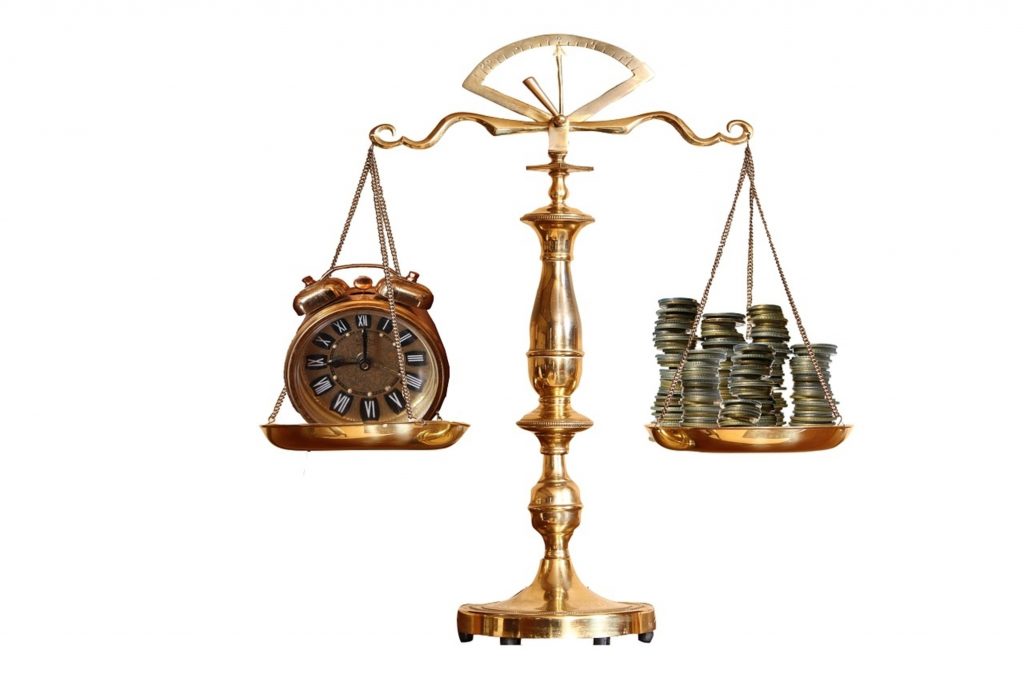When you’re trying to get a business off the ground, experts say you need the services of two professionals: an accountant and a small business lawyer. While the reason for hiring an accountant is apparent, the reasons for hiring a lawyer may not be.
A small business attorney is a lawyer who specializes in the intricacies of a small business. Hiring one early one is a smart move since a lawyer can help make sure everything is set up legally, thereby preventing improper filings that can prove catastrophic for your business. A small business lawyer can also help you define your business entity and ownership rights, and provide you with useful advice regarding tax filings and so much more.
However, if you’re a new business owner, the thought of hiring a small business attorney can be a bit intimidating, especially if you don’t know how much their services cost. But if you want your business to have a solid foundation, here are the costs that you have to face:
An hourly rate
A lawyer’s hourly rate depends on the location, the specialty and experience the attorney has. The kind of case your lawyer will handle also plays a role in determining the hourly rate that can range anywhere between $100 to $400 an hour. Small town lawyers or those in training usually charge anywhere between $100 to $200 per hour while seasoned lawyers in high-profile cities can charge $200 to $400 per hour.
Another thing to take note of is that a lawyer can charge a different rate for different kinds of work. For example, a court appearance will have a fee that is different from legal research work.

A lawyer’s hourly rate depends on different factors.
A flat rate
A small business lawyer may charge you with a flat fee for an agreed-upon set of services associated with starting a small business. For example, if you are running your own business, you may be charged a flat fee of $500. This might involve an in-depth discussion of your business as well as sound advice regarding what steps you should take. This may also include filing appropriate paperwork on your behalf, drafting business agreements, and so much more. Take note that the flat fee is exclusive of the filing fees that will be charged by the state.
Bigger businesses may be charged with a higher rate since these need more complex legal services.
Regardless of what payment setup you have with your small business attorney, you must have one. A competent lawyer can provide you assistance in different aspects of your business such as the observance of basic zoning laws, copyright and trademark issues, and lawsuits.
Here are a few other things a small business lawyer can help you with:
1) LLCs, sole proprietorships and partnerships
Small businesses are usually LLCs (limited liability company), sole proprietorships or partnerships. It’s important that you discuss with an attorney what you file your business as to determine what the best business model is.
2) A lawyer can function as your registered agent
Once the business is registered in the state, your lawyer can act as a registered agent. This means he or she can receive any paperwork served against your business. Your lawyer can also file annual reports or other requirements on your behalf.

A lawyer can also act as your agent.
3) A lawyer can help you with your employee’s contracts
When it comes to hiring employees and their contracts, you need the legal expertise of an attorney. Having a lawyer guide you through this process can help determine what your obligations are to your staff and what steps you should take to consistently meet them.
